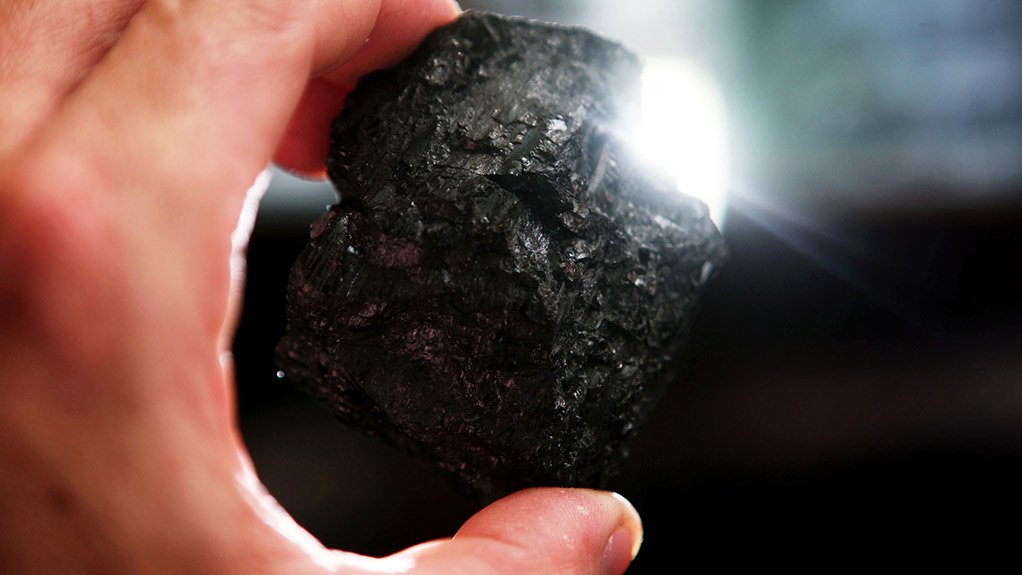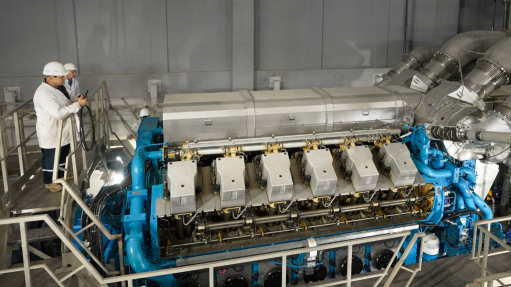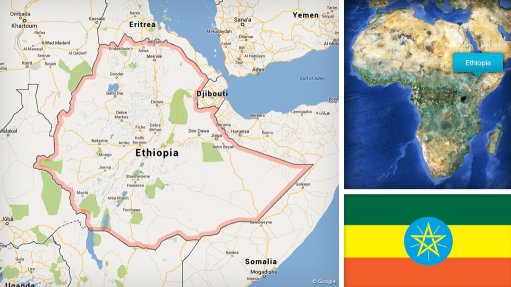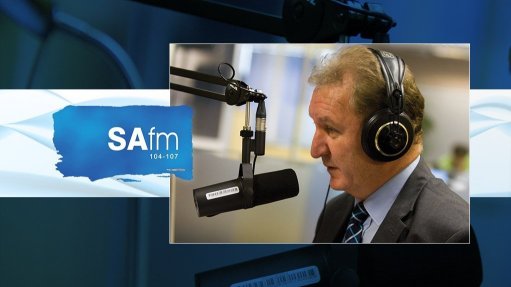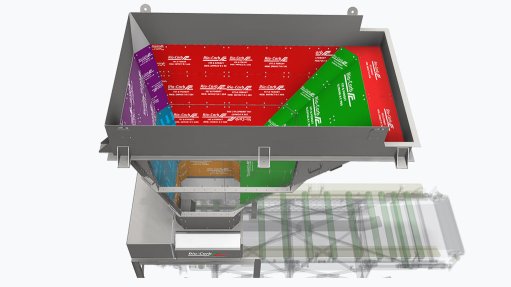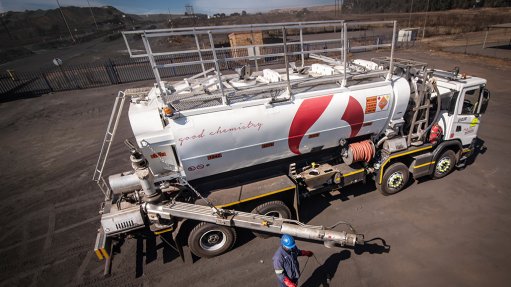NSW hikes coal royalties
PERTH (miningweekly.com) – The New South Wales government has taken a page out of Queensland’s playbook, announcing an increase in coal royalties from July 1, 2024. This was the first coal royalty increase since 2009.
The royalty rate will increase by 2.6 percentage points, and is expected to improve the state’s budget position by more than A$2.7-billion over the four years between 2024 and 2028.
Opencut royalties rates will increase from 8.2% to 10.8%, while underground royalties will increase from 7.2% to 9.8%, and deep underground royalties from 6.2% to 8.8%
The government said in a statement that the decision would also mitigate a A$1.3-billion write-down on royalties revenue in the forthcoming budget.
“This is a fair outcome for the people of New South Wales. The old system is out of date. The market has moved on. That’s why we are modernising the state’s coal royalties,” said Treasurer Daniel Mookhey.
“The new scheme will make sure the people of New South Wales share in the wealth their resources create.”
Minister of Finance and Natural Resources Courtney Houssos said that coal was an important part of the state’s energy mix and a key contributor to the economy.
“Having embarked on extensive consultations with mining companies, industry groups and our trading partners, we have struck the right balance. These changes will take effect on July 1, 2024 giving the industry time to adjust and upholding the government’s commitment not to consider royalties changes while emergency measures were in place.
“The government is committed to ensuring the ongoing stability of the mining sector, while rebuilding essential services for the people of New South Wales.”
The New South Wales Minerals Council has warned that the increase in the royalty rate will impose a significant additional impost on coal producers at a challenging time of lower coal prices and increased operating costs.
“The coal industry directly employs nearly 30 000 people in New South Wales and supports 180 000 indirect jobs. Nearly 7 000 New South Wales businesses are part of the mining supply chain. Coal remains New South Wales' most valuable export commodity by far and continues to deliver over 70% of electricity used in homes and businesses across New South Wales,” said CEO Stephen Galilee.
“While realistic about the likelihood of an increase in royalty rates, the New South Wales Minerals Council and coal producers maintained throughout the New South Wales government’s consultation process that the current royalty structure and rates were appropriate for New South Wales, and should be retained,” Galilee said.
He acknowledged that the coal sector had an important role to play in relation to royalties, particularly in relation to repairs of the New South Wales Budget, and said that the industry took its royalty and taxation obligations seriously.
“However, the rate increases announced today, will mean New South Wales coal producers will pay at least 30% or more in royalties than under the existing royalty arrangements, continuously throughout the commodity price cycle, including when coal prices are low.
“This would be a significant additional cost for any business or industry to manage and will present challenges for New South Wales coal producers facing higher operating costs, including from the introduction of the Commonwealth government’s Safeguard Mechanism.”
Galilee said that confirmation that the coal cap and related reservation measures would end as legislated was welcome.
“The coal cap is poor public policy that has done nothing to reduce power prices, which have continued to increase, despite a significant fall in global coal prices since the cap was introduced. The associated reservation measures were also unnecessary,” he added.
Comments
Press Office
Announcements
What's On
Subscribe to improve your user experience...
Option 1 (equivalent of R125 a month):
Receive a weekly copy of Creamer Media's Engineering News & Mining Weekly magazine
(print copy for those in South Africa and e-magazine for those outside of South Africa)
Receive daily email newsletters
Access to full search results
Access archive of magazine back copies
Access to Projects in Progress
Access to ONE Research Report of your choice in PDF format
Option 2 (equivalent of R375 a month):
All benefits from Option 1
PLUS
Access to Creamer Media's Research Channel Africa for ALL Research Reports, in PDF format, on various industrial and mining sectors
including Electricity; Water; Energy Transition; Hydrogen; Roads, Rail and Ports; Coal; Gold; Platinum; Battery Metals; etc.
Already a subscriber?
Forgotten your password?
Receive weekly copy of Creamer Media's Engineering News & Mining Weekly magazine (print copy for those in South Africa and e-magazine for those outside of South Africa)
➕
Recieve daily email newsletters
➕
Access to full search results
➕
Access archive of magazine back copies
➕
Access to Projects in Progress
➕
Access to ONE Research Report of your choice in PDF format
RESEARCH CHANNEL AFRICA
R4500 (equivalent of R375 a month)
SUBSCRIBEAll benefits from Option 1
➕
Access to Creamer Media's Research Channel Africa for ALL Research Reports on various industrial and mining sectors, in PDF format, including on:
Electricity
➕
Water
➕
Energy Transition
➕
Hydrogen
➕
Roads, Rail and Ports
➕
Coal
➕
Gold
➕
Platinum
➕
Battery Metals
➕
etc.
Receive all benefits from Option 1 or Option 2 delivered to numerous people at your company
➕
Multiple User names and Passwords for simultaneous log-ins
➕
Intranet integration access to all in your organisation



